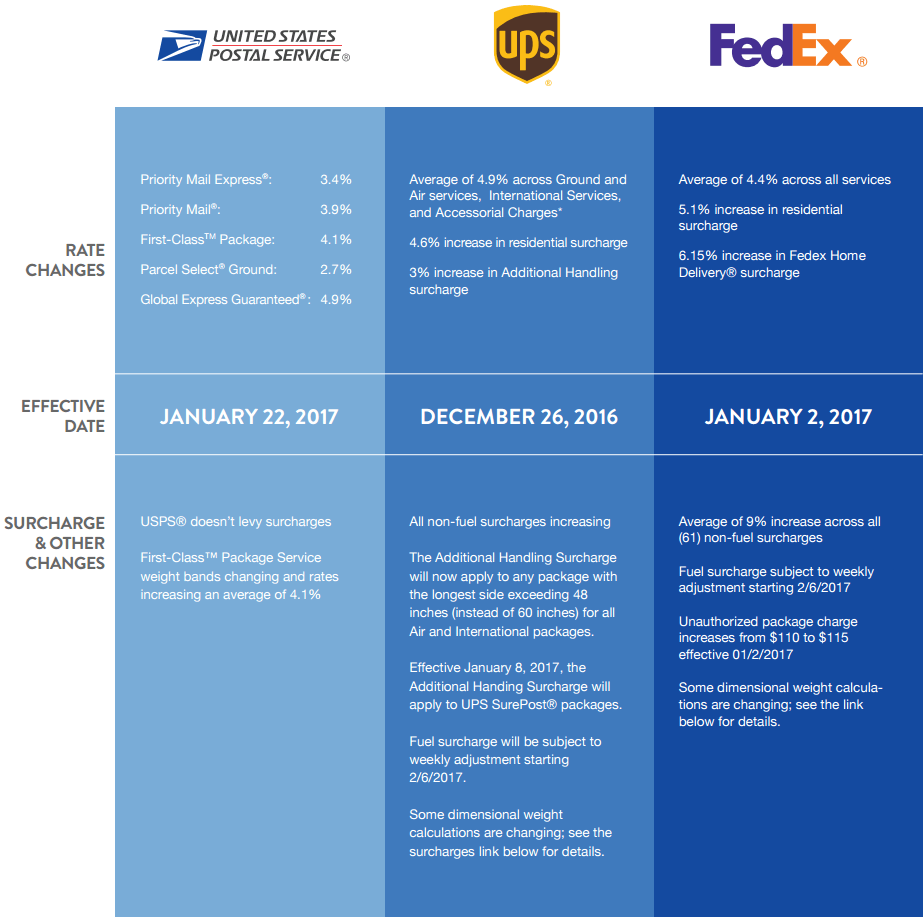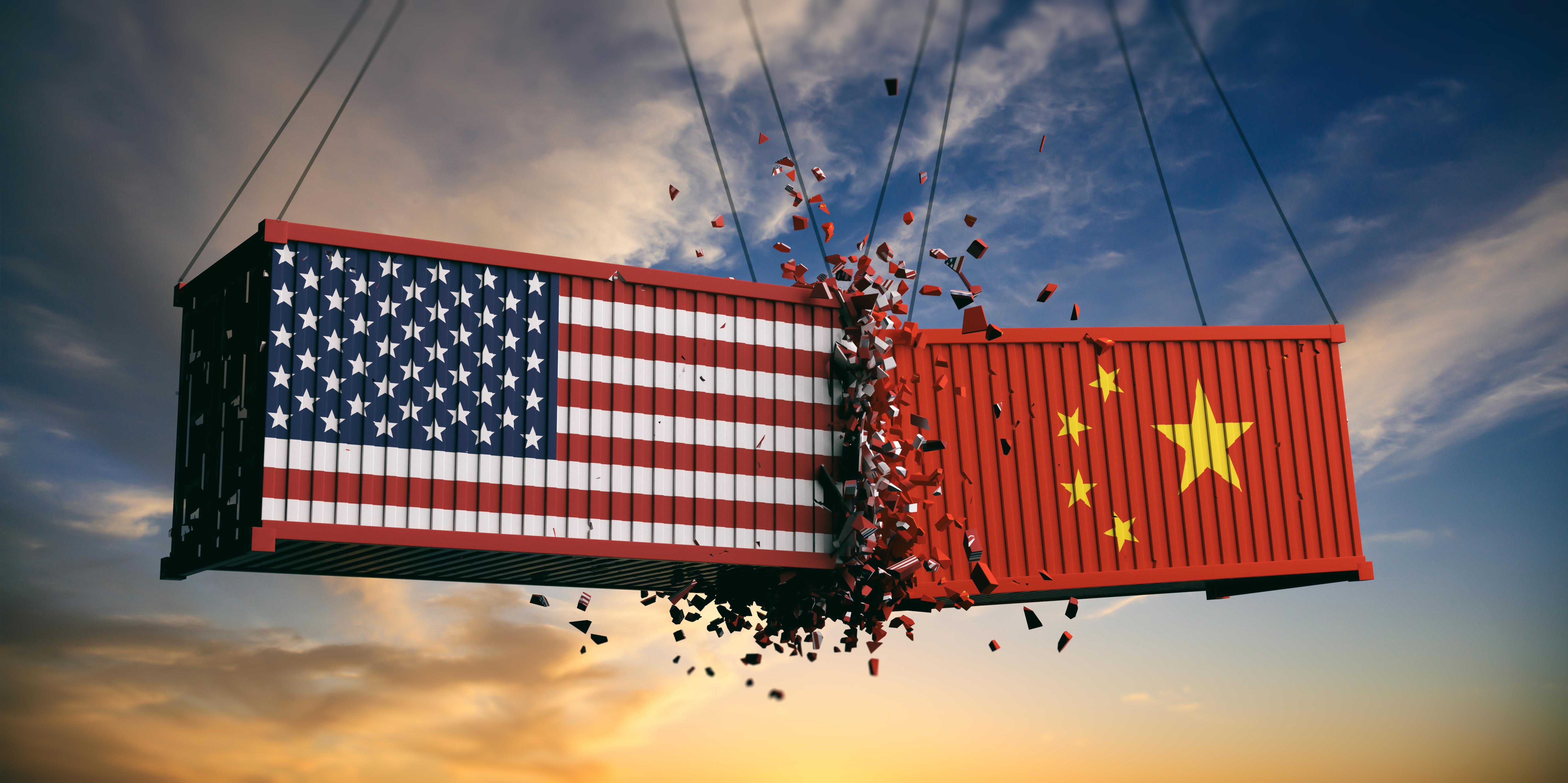Auto Carrier Estimates $70 Million Impact From Increased US Port Fees

Table of Contents
The Magnitude of the $70 Million Impact
The staggering $70 million figure represents a projected increase in costs for auto carriers resulting from recently implemented US port fee hikes. This estimate was calculated by [Source Name, if available], taking into account various factors and projected shipment volumes for the next [Time Period]. The calculation encompasses several key fee increases, including:
- Increased Handling Fees: A significant portion of the $70 million stems from a substantial rise in handling fees charged for unloading and processing vehicles at US ports.
- Higher Storage Costs: Extended storage times due to port congestion and processing delays contribute significantly to the overall cost increase.
- Administrative Fees: New or increased administrative fees imposed by port authorities also contribute to the overall financial burden on auto carriers.
- Security and Inspection Surcharges: Enhanced security measures and more rigorous inspections often translate to added fees that directly impact auto carriers.
[Insert a chart or graph here visually representing the breakdown of costs and the projected increase]. This cost analysis clearly illustrates the substantial financial impact these increased port fees will have on the automotive industry's bottom line.
Impact on Auto Carrier Operations and Logistics
The increased US port fees present significant operational and logistical challenges for auto carriers. These added costs ripple through every aspect of their operations, leading to:
- Increased Transportation Costs: Higher port fees translate directly into increased transportation costs, forcing carriers to either absorb losses or pass these costs onto their clients (auto manufacturers).
- Potential Delays in Vehicle Delivery: Logistical adjustments required to manage the increased fees, including potential route changes or negotiating with port authorities, can cause delays in vehicle deliveries.
- Reduced Profitability: The substantial increase in port fees significantly erodes profit margins for auto carriers, potentially threatening the financial viability of some businesses.
To mitigate these challenges, auto carriers are exploring various strategies including:
- Negotiating contracts: Seeking better deals with port authorities and service providers.
- Route optimization: Exploring alternative shipping routes and logistics methods to minimize costs.
- Improving efficiency: Streamlining operations and technology adoption to cut down expenses.
Ripple Effects Throughout the Automotive Supply Chain
The impact of increased US port fees extends far beyond auto carriers; it creates a ripple effect throughout the entire automotive supply chain. The consequences include:
- Impact on Dealerships and Consumers: Higher transportation costs will inevitably translate into increased vehicle prices for consumers, potentially impacting demand.
- Potential Impact on Vehicle Production and Sales: Reduced profitability for auto carriers could lead to decreased orders, which then could slow down production lines and negatively impact sales figures.
- Effect on the Overall Economy: The combined impact of higher prices, potential production slowdowns, and reduced profitability could have a knock-on effect on the broader economy, affecting jobs and impacting overall growth.
The increased US port fees are likely to create a complex web of interconnected challenges and consequences impacting all stakeholders in the industry.
Potential Policy Responses and Industry Advocacy
The significant financial burden imposed by the increased US port fees has spurred calls for policy responses and industry advocacy. Potential government responses may include:
- Federal subsidies or tax breaks: Government intervention to offset some of the increased costs for auto carriers.
- Negotiations with port authorities: Government involvement in negotiations to lower or adjust the fees.
- Regulatory review: Scrutiny of the fee increases to ensure fairness and transparency.
Industry associations are playing a crucial role in advocating for auto carriers. These associations are:
- Lobbying efforts: Working with lawmakers to secure government support and influence policy decisions.
- Data collection and analysis: Providing policymakers with data-driven evidence demonstrating the negative economic impact.
- Collaboration and information sharing: Facilitating information exchange and collaborative problem-solving among industry stakeholders.
Through collective action and focused advocacy, the automotive industry hopes to mitigate the devastating impact of these increased US port fees.
Conclusion
The $70 million estimated impact of increased US port fees on auto carriers represents a significant setback for the entire automotive industry. This cost increase creates a cascade of negative consequences, from higher vehicle prices for consumers to potential supply chain disruptions and reduced profitability for businesses. Understanding the magnitude of this problem and actively engaging in industry advocacy and policy discussions are critical to mitigating the damage and securing a more sustainable future for auto shipping and the automotive sector as a whole. Stay informed about developments regarding US port fees and their impact on the automotive industry by following reputable news sources and industry publications. The future of auto shipping depends on our collective awareness and proactive response to these challenges.

Featured Posts
-
 Actors Join Writers Strike Hollywood Faces Complete Production Shutdown
Apr 26, 2025
Actors Join Writers Strike Hollywood Faces Complete Production Shutdown
Apr 26, 2025 -
 California Now Worlds Fourth Largest Economy An Economic Analysis
Apr 26, 2025
California Now Worlds Fourth Largest Economy An Economic Analysis
Apr 26, 2025 -
 Denmark Us Relations Strained Russias Role In Greenland Misinformation
Apr 26, 2025
Denmark Us Relations Strained Russias Role In Greenland Misinformation
Apr 26, 2025 -
 The Impact Of Trump Tariffs Ceo Warnings And Economic Outlook
Apr 26, 2025
The Impact Of Trump Tariffs Ceo Warnings And Economic Outlook
Apr 26, 2025 -
 Lab Owner Admits To Falsifying Covid 19 Test Results
Apr 26, 2025
Lab Owner Admits To Falsifying Covid 19 Test Results
Apr 26, 2025
